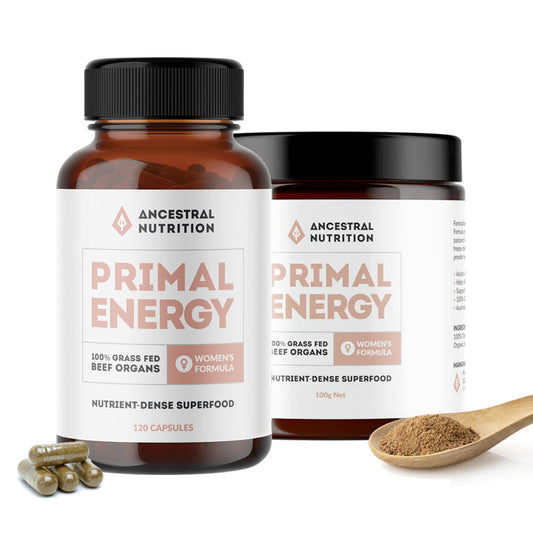7 Day Sleep Reset Routine
article by Emily Collyer

If your sleep has been chaotic, your energy’s flat, or you just can’t seem to wind down properly at night—this is for you. I have written everything out below, but if you're more of a visual learner, you can click here to view instaed.
7 Day Sleep Reset Routine
These 6 daily steps are designed to support your body’s natural sleep rhythm, boost recovery, and finally get you waking up refreshed.
-
Screen Curfew: 1 Hour Before Bed
Blue light from phones, TVs and laptops interferes with melatonin—the hormone that helps you wind down.
Try switching to red light or using a blue light filter after sunset. Even better—schedule 60 minutes before bed for no screens at all.
Ideas: read a book, journal, stretch, or prep tomorrow’s to-do list. The goal is to signal safety and calm to your nervous system.
-
Keep a Consistent Bedtime Routine
Your body loves rhythm. Going to bed and waking up at the same time—even on weekends—helps anchor your circadian Rhythm.
Start winding down the same way each night. This might look like:
• Cup of herbal tea
• Gentle skincare routine
• Phone on airplane mode
• Low light + no big decisions after 8pm
Over time, your brain will associate this routine with “it’s safe to sleep now.”
-
Cool Room = Better Sleep
Science shows the ideal sleep temp is 18°C (65°F). Your body temp drops as you enter deep sleep. A cool room helps this happen faster and deeper.
Tips:
• Set your heater to switch off at night
• Use breathable bedding (cotton, linen, or wool)
• Avoid electric blankets left on while sleeping
-
Eat and Move Early in the Day
Heavy meals and intense workouts close to bedtime can spike metabolism and cortisol (your stress hormone), disrupting sleep cycles.
Aim to:
• Finish dinner 2–3 hours before bed
• Schedule workouts earlier in the day (AM or early PM)
• Stick to lighter balanced evening meals (protein, carbohydrates and fats)
-
Cut the Alcohol
Alcohol might make you feel sleepy, but it disrupts deep sleep and REM cycles.
You’ll be more likely to wake in the night, feel dehydrated, and miss out on the real rest your brain needs.
Try skipping the evening wine for just 7 days—you’ll be shocked how much more alert and emotionally balanced you feel in the mornings.
-
Caffeine & Stimulants Before Noon ONLY
Caffeine has a half-life of 5–7 hours, and B-vitamins (especially B12) can stimulate your nervous system. Even if you fall asleep fine, they may reduce sleep quality or cause midnight wake-ups.
Final cup of coffee or matcha? Before 12PM.
B-complex or other stimulant based supplements- Morning only.
Bonus Tip
If your mind is racing when your head hits the pillow:
- Try a magnesium glycinate supplement
- Put your phone across the room
- Breathe in for 4, hold for 4, out for 4 (box breathing)
Sleep + Nutrition = A Foundational Combo
Key nutrients like magnesium, zinc, B6 and B12 are involved in many systems that play a role in sleep quality, including nervous system regulation, neurotransmitter synthesis, and circadian rhythm support.
These nutrients naturally occur in organ meats like liver, kidney, and heart—foods known for their density of bioavailable vitamins and minerals.
Curious about nutrient-rich foods that complement your wellness routine? Learn more about our freeze-dried organ supplements here.
Why Sleep Makes Your Supplements Actually Work
You can’t out-supplement poor sleep. Your body is only able to absorb, metabolise, and utilise nutrients when you're consistently sleeping well.
Sleep is when:
- Nutrients get converted into hormones
- Detoxification pathways switch on
- Your brain clears inflammation
-
Cells repair and regenerate
From a Nutritionists POV:
If you're supplementing but still feel flat, anxious and foggy- your sleep may be the missing link.
Consistent, high-quality sleep is one factor that may influence how well your body absorbs and utilises nutrients.
Get sleep working with your nutrition—not against it. Try natures multi vitamin to support better sleep






